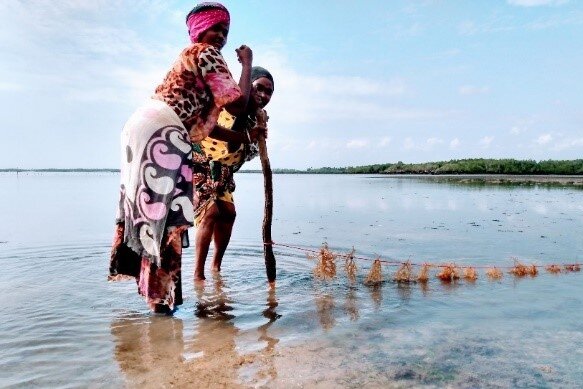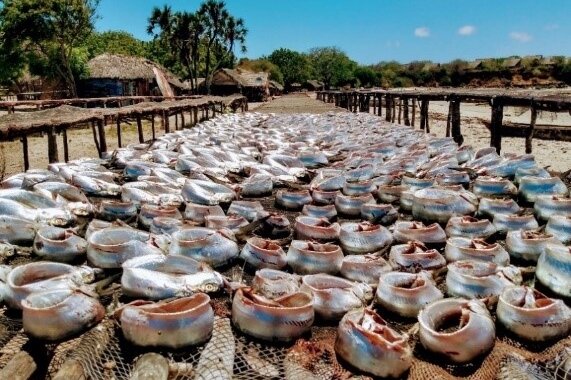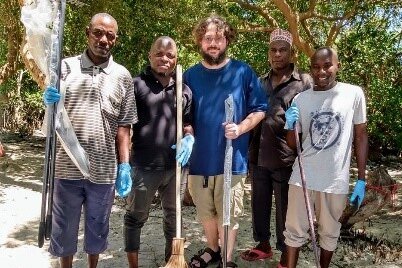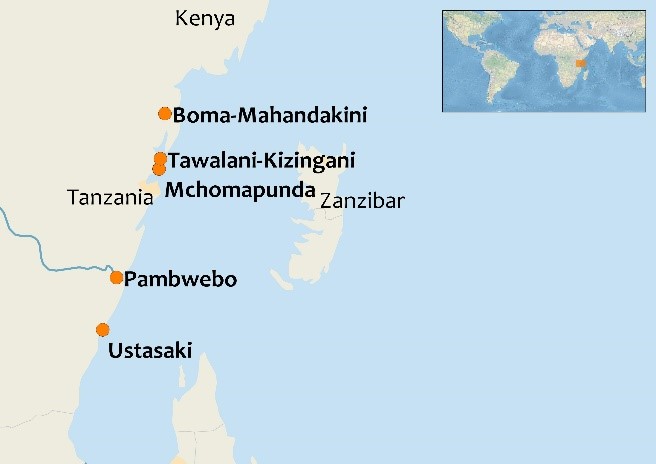Tanga sociality and fisheries project - Coastal mainland Tanzania




Description
Principle investigator:
- Kristopher Smith
Co-principle investigators:
- Anne Pisor
- Monique Borgerhoff Mulder
Research since: 2022
Site details
Though Kiswahili fishing culture is relatively new in the Tanga region of mainland Tanzania (cf. Pemba, Tanzania), Waswahili fishers in Tanga identify as Tanzanians first and foremost, and engage in artisanal and often migratory fishing practices like other peoples of the East African coast. Income security is low; given this, families often combine fishing with farming, wage labor, and formal and informal risk-management schemes. Additionally, connections in other villages, including villages where fishers may stay for several months of the year, are key sources of loans, especially for business. Much of the Tanzanian coast is divided into Beach Management Units (BMUs) — a system of participatory fisheries governance in which a local committee manages the site where boats land and enforces both government and locally designed rules for fisheries management. BMUs are nested in CFMAs, Community Fisheries Management Areas designed to coordinate multiple BMUs. BMUs vary substantially in their “success” — for example, in how much village members support the BMU and follow its rules.
Research
The Tanga Sociality and Fisheries Project aims to understand the social relationships surrounding fishery use and management in Tanga. We use methods from anthropology, psychology, and economics, including experiments, surveys, interviews, and games, to examine how social relationships and shaped by fishery use, and in turn, how social relationships influence the sustainable use of fisheries. This work is carried out in collaboration with Mwambao Coastal Community Network.
Website: www.labs.wsu.edu/tsfp
Representative publications
Smith, K. M., Pisor, A. C., Aron, B., Bernard, K., Fimbo, P., Kimesera, R., & Borgerhoff Mulder, M. (in press). Friends near and afar, through thick and thin: Comparing contingency of help between close- and long-distance friends in Tanzanian fishing villages. Evolution & Human Behavior. doi: 10.1016/j.evolhumbehav.2022.09.004.